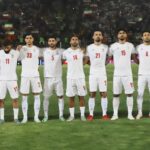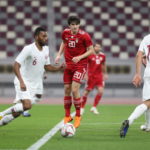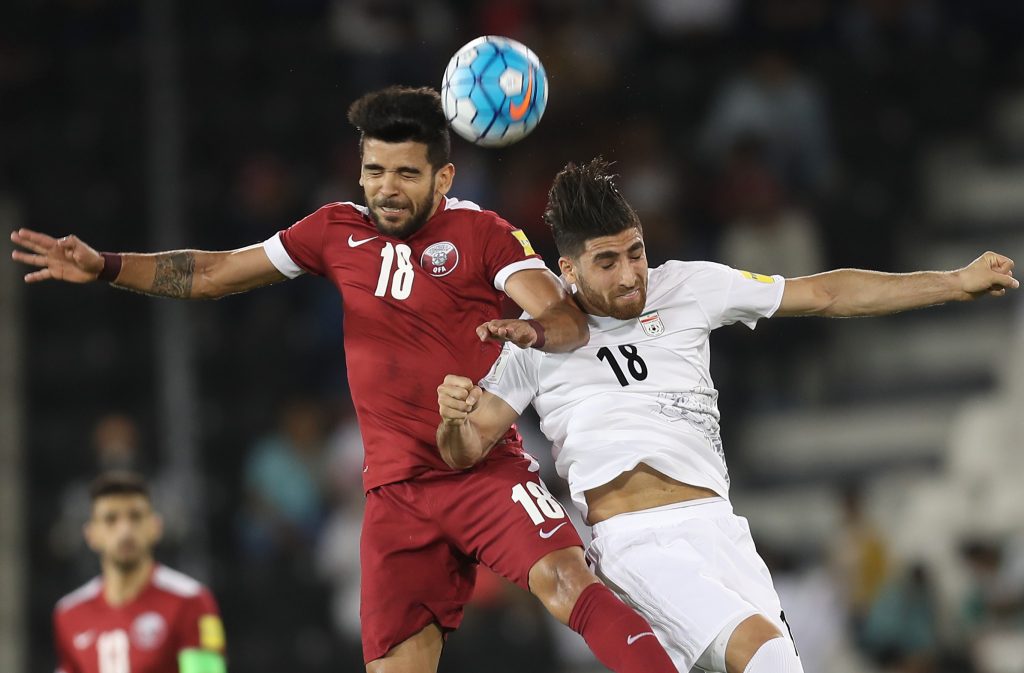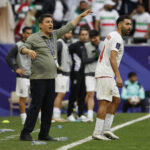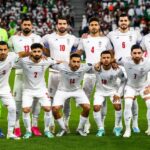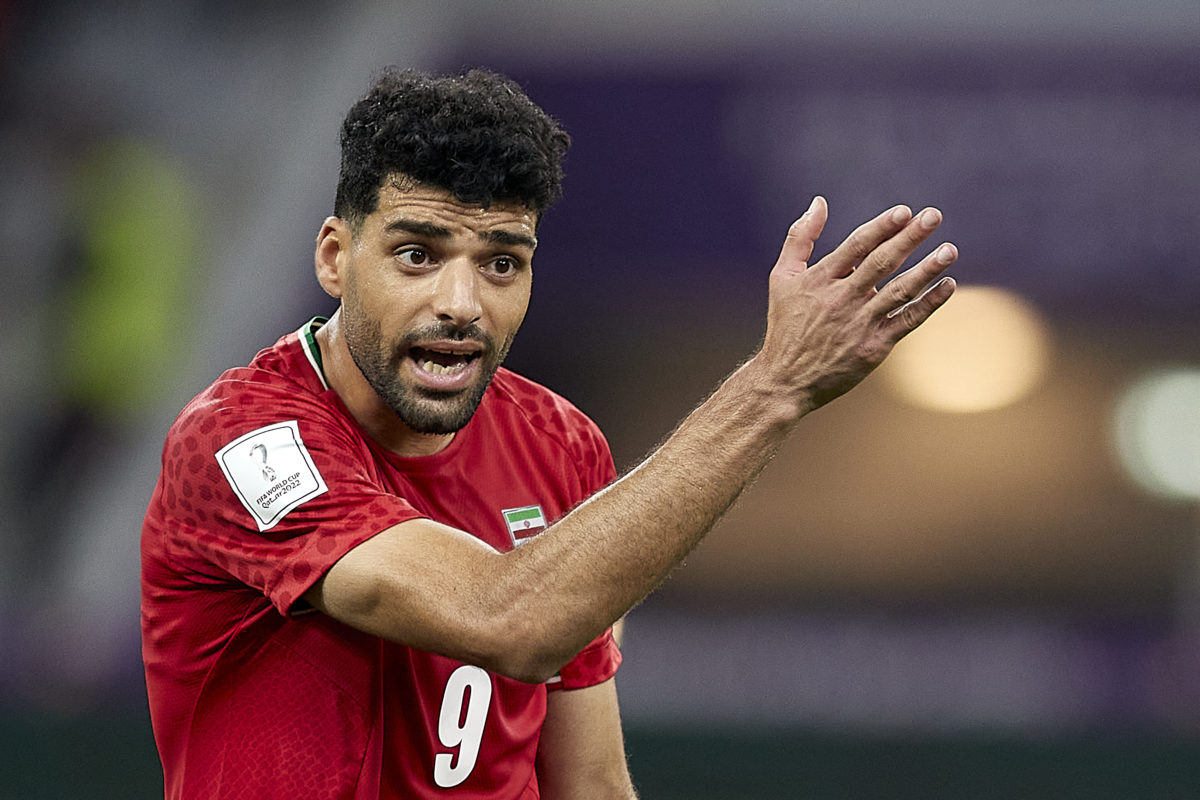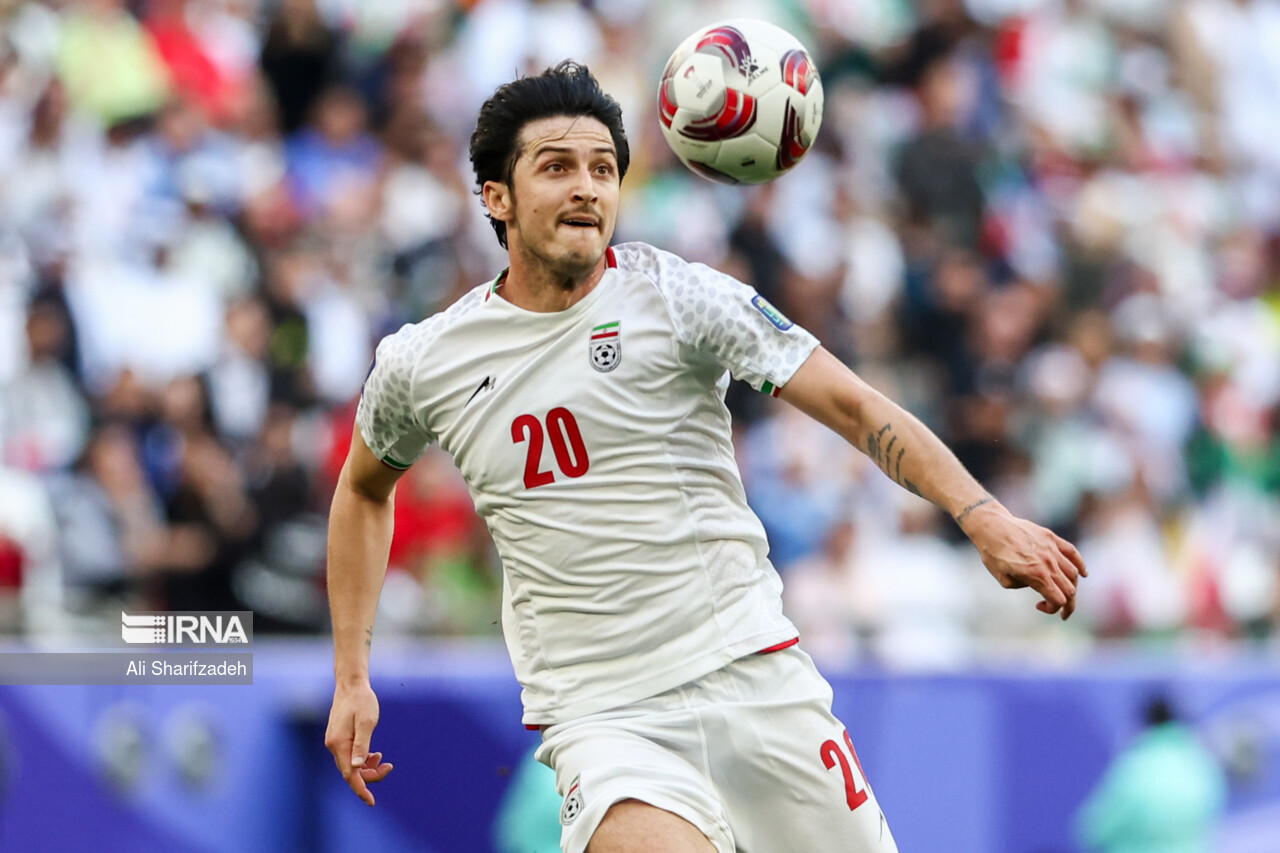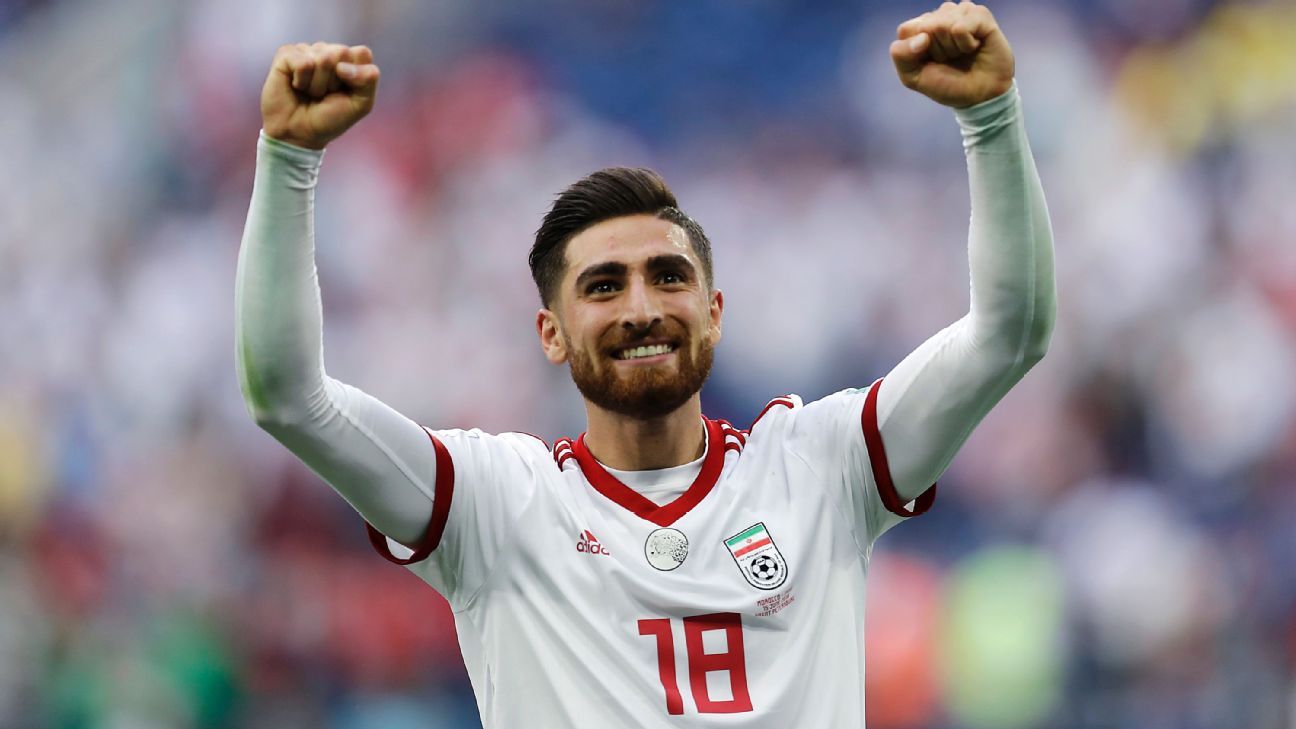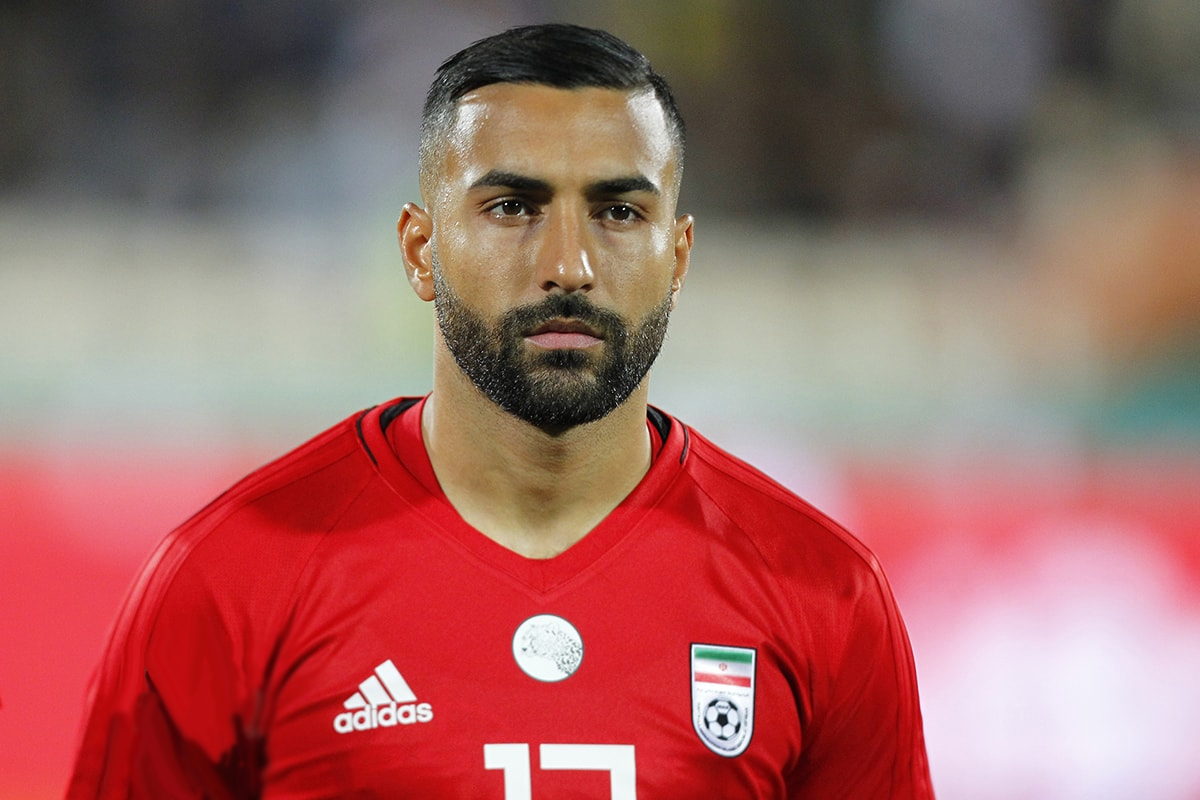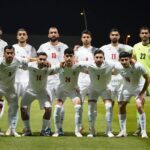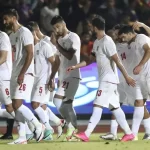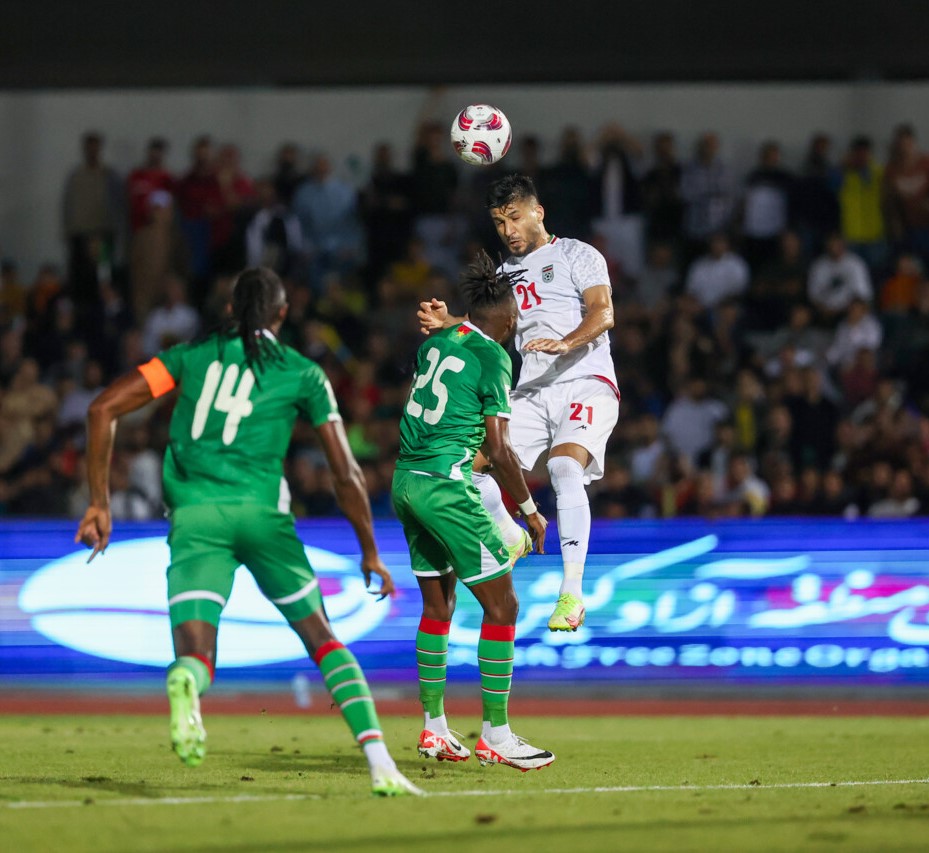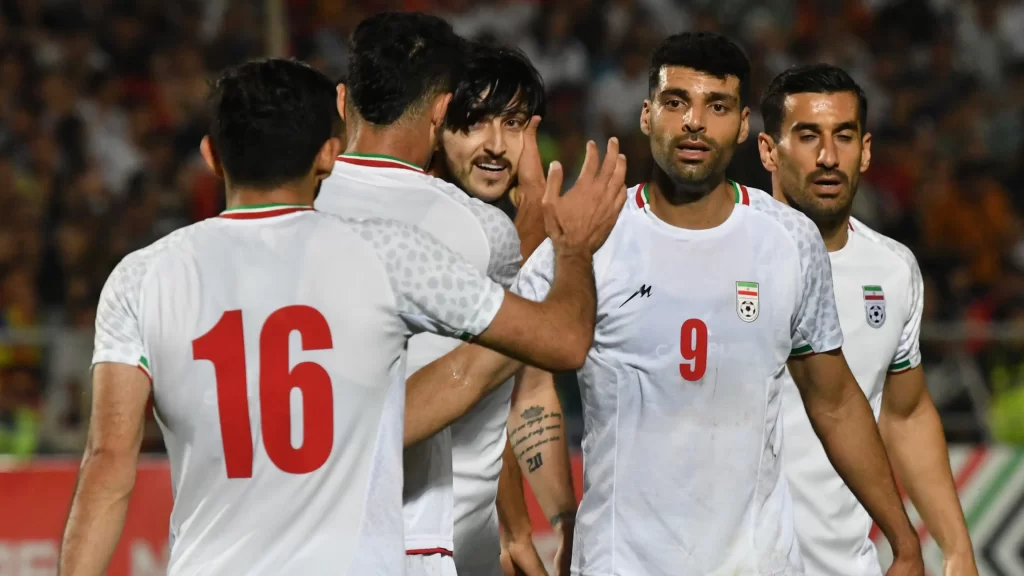Team Melli will leave for Bishkek at 5 pm local time on a direct flight to the Kyrgyz Republic capital for the first match of the return round of FIFA World Cup 2026 qualifiers.
Missing from the squad will be three players.
Mohammad Mohebbi: The star of the game against Korea DPR and the scorer of a brace has received a knock and seems to be doubtful. It is not clear if he will fly with the team and if the coaching staff would utilize him for the game against Kyrgyzstan after passing a fitness test. His absence will be a blow for the team, especially as he has scored four goals in two games in the qualifiers.
Saman Ghoddos, whose injury has been diagnosed as more serious than initially thought, will not accompany the squad and instead will head back to the UAE for observation and treatment by his club medical team. Ghoddos did not play against North Korea on Thursday.
Shoja’a Khalilzadeh: His red card against Korea DPR means an automatic suspension, and he will not accompany the team to Bishkek.
Doubtful cases:
Sardar Azmoun: The center forward of Team Melli who has been in excellent form recently, received a knock in the last game against Korea DPR. Coach Ghalenoei p[ted to substitute him in the middle e of the second half. No further report of complications or the extent of the injury has been made public. Azmoun. however, is on the passenger manifest of the flight. His game time will be decided by Ghalenoei on Tuesday.

